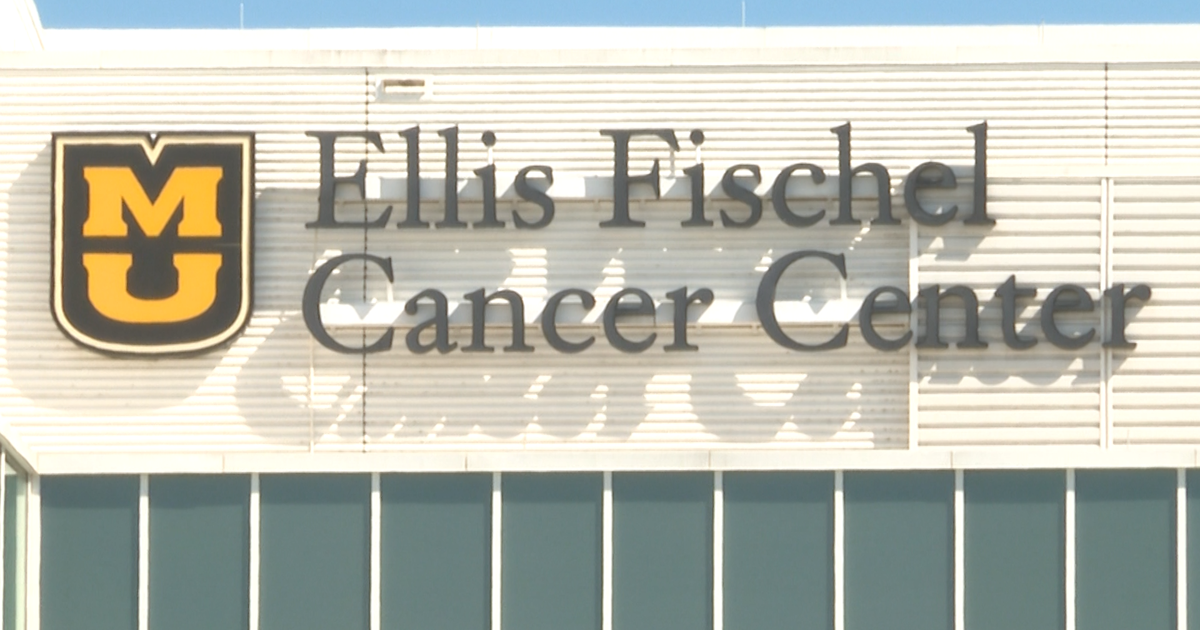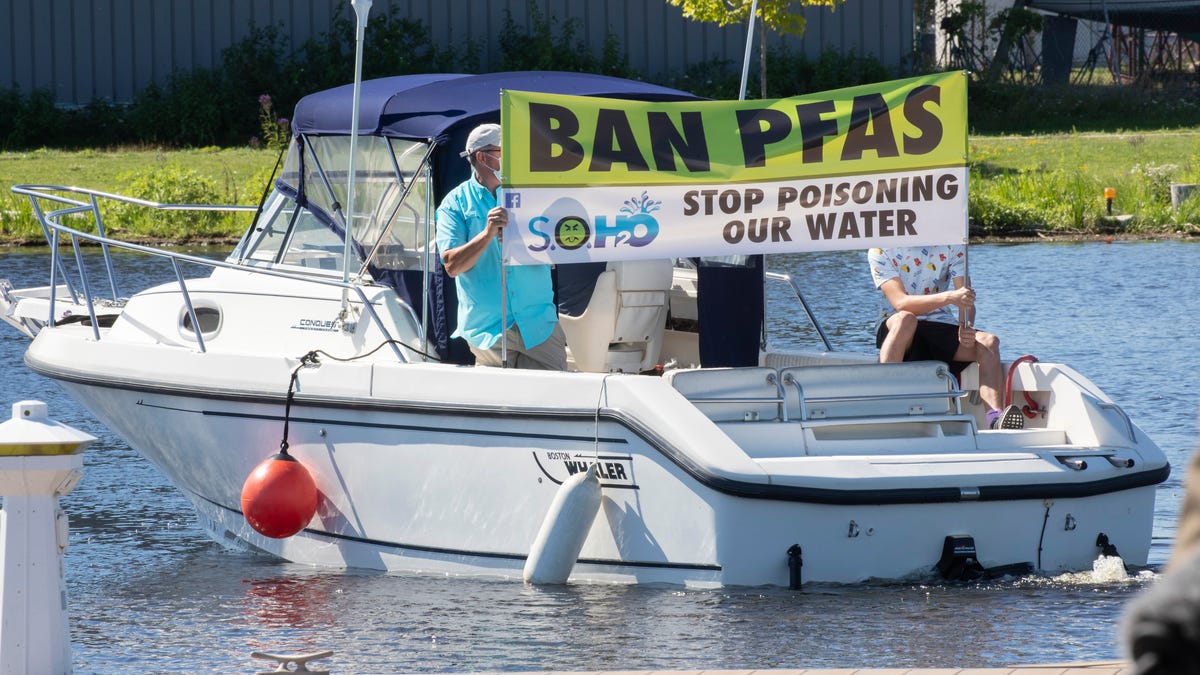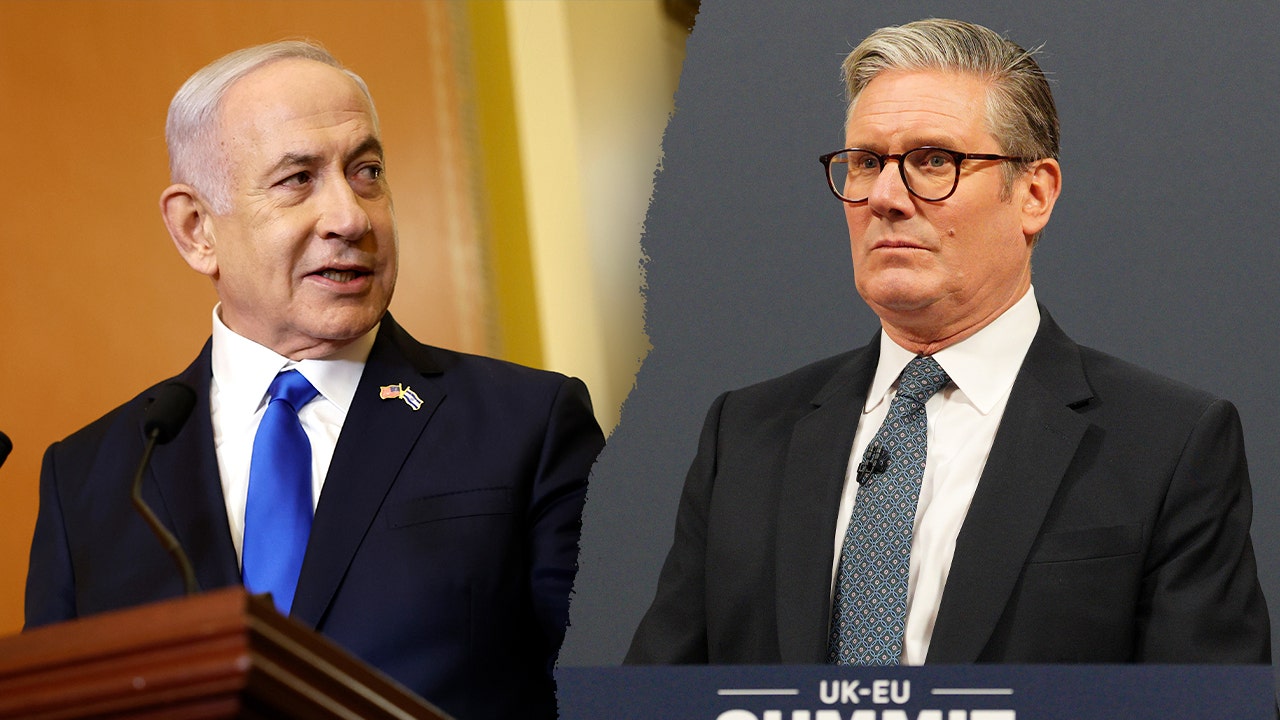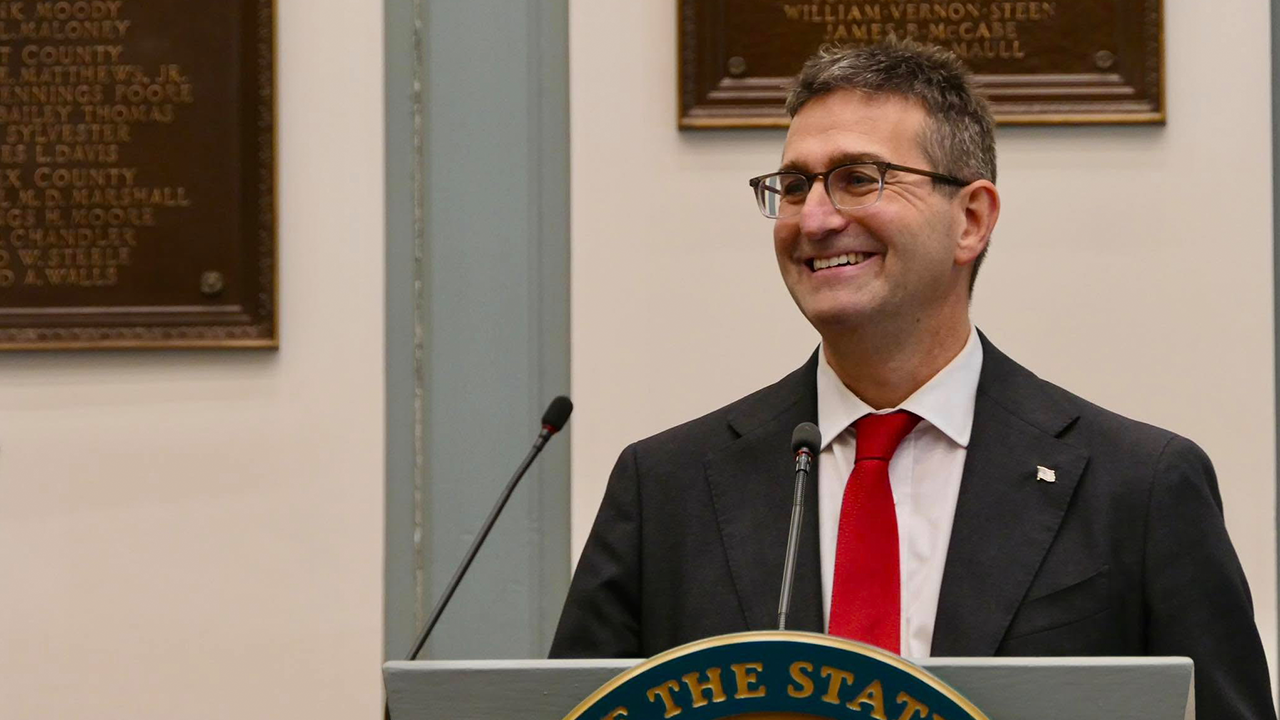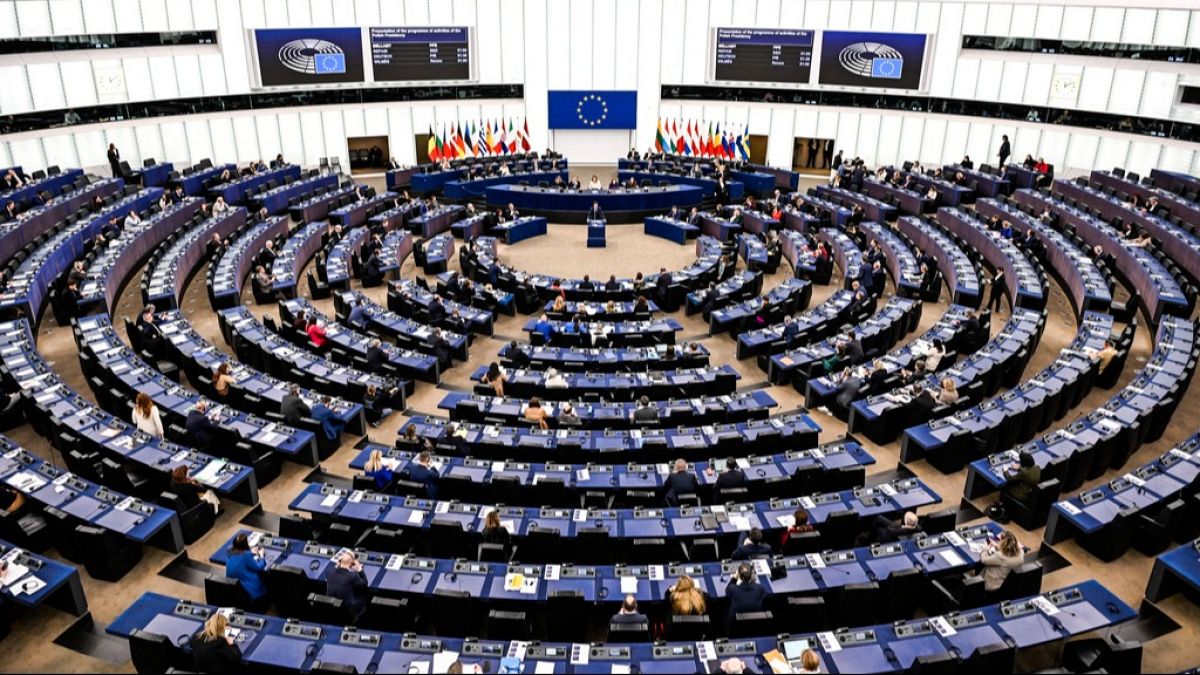COLUMBIA − Among the national shortage of various drugs across the country, drugs that treat patients with cancer are also facing supply insecurities.
Common chemotherapy drugs like cisplatin and carboplatin continue to be hard to come by for hospital pharmacies across the country and even here in mid-Missouri.
“Because of supply chain problems, especially after the pandemic, we haven’t been getting regular shipments of these drugs,” MU Health Care oncologist Dr. Kushal Naha said. “Basically we live one shipment to the next.”
Because MU Health Care is managing its supply on a shipment-by-shipment basis, Naha said it’s been even harder to manage their patients when it comes to proper treatment.
“We’ve had emergency meetings where we’ve had to figure out a strategy, because the pharmacy had to alert us that they didn’t have enough drug on hand,” Naha said. “We’ve came up with different strategies to deal with it. For some patients, we had to delay treatments.”
In some instances, Naha said doctors had to put some patients on alternative medication, which comes with its own side effects.
“We’ve been lucky to get away with it, but some of these substitute drugs are much more expensive than we typically use, so there is a financial aspect to this,” Naha said. “Insurance usually understands that this is something that is not in our control … they have worked with us to approve it.”
On the other hand, Naha said if someone is under or not insured, it can be a “nightmare” to get patients on the more expensive alternative.
Sarah Oprinovich, a clinical professor from UMKC’s School of Pharmacy, said between the lasting consequences of the COVID-19 pandemic and generic manufacturers changing their bottom line, the drug industry is at its most fragile state.
“There’s less money to make on the drug product across the board,” Oprinovich said. “It’s not just the pharmacy that’s making less when they dispense a drug, and now they might be losing money, so manufacturers are saying, ‘We don’t really need to do that anymore’ because it’s not profitable and so they stop and now we’ve lost a big chunk of supply.”
The majority of pharmaceutical drugs that are formulated into tablets, capsules and injections are manufactured overseas. The United States manufactures 28% while the remaining 72% are overseas with 13% percent of that coming out of China, according to data from the Food and Drug Administration.
“A lot of the drug supply comes out of China,” Oprinovich said. “China stayed locked down a lot longer than the U.S. did, so when we don’t make our own drugs we’re really dependent on other countries.”
Both cisplatin and carboplatin are manufactured outside of the U.S. Cisplatin is mainly manufactured in China, and carboplatin is primarily made in India.
Naha said as of the most recent shipment MU Health Care acquired a few weeks ago, they’ve had enough supply for their patients. However, with how volatile manufacturing is right now and the national shortages, Naha said the health care company has to stay prepared for the worst.

